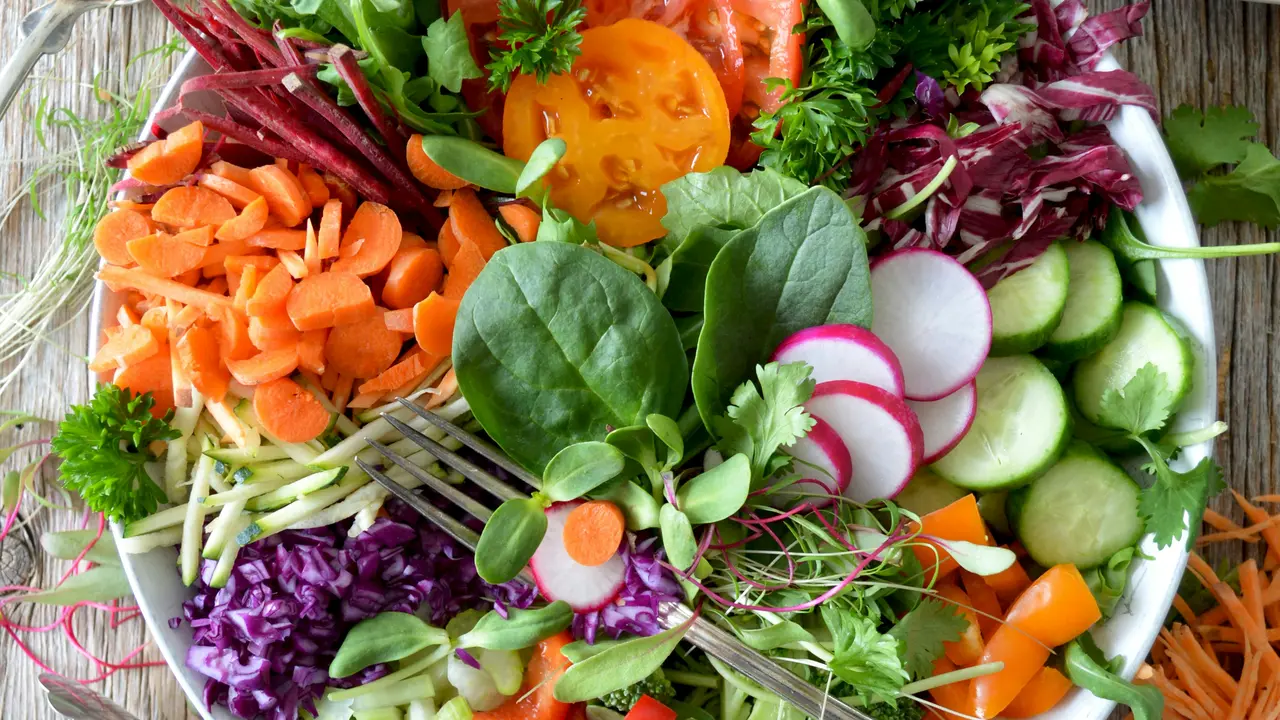Are you curious about which beans have the least carbs and how they can fit into your low-carb diet? In this article, we will explore various types of beans that not only provide essential nutrients but also keep your carbohydrate intake in check. Discover the best options for maintaining a balanced meal plan without sacrificing flavor!
Understanding Carbohydrates in Beans
What are Carbohydrates?
Carbohydrates are one of the three main macronutrients and serve as a primary energy source for our bodies. When considering a low-carb diet, it’s essential to know how many carbs are in the foods you consume, including beans.
The Role of Beans in a Low-Carb Diet
Beans are a great source of protein and fiber, but their carbohydrate content can vary significantly. If you’re looking for which beans have the least carbs, understanding their nutritional value is key for making informed dietary choices.
Top Beans with Low Carbohydrate Content
Green Beans
Green beans are among the lowest carb beans available. They contain about 7 grams of carbs per 100 grams, making them an excellent choice for low-carb dieters.
Black Soybeans
Black soybeans are another fantastic option, with approximately 2 grams of net carbs per half-cup serving. They can be used in various dishes, providing a rich flavor and high protein content.
Edamame
Edamame, or young soybeans, have roughly 6 grams of carbohydrates per half-cup serving. These can be a delicious snack or addition to salads and stir-fries.
Pinto Beans
Pinto beans offer moderate carbohydrate content, with around 27 grams of carbs per cup when cooked. While they are not as low-carb as others, they are high in fiber, which can help in digestion.
Chickpeas
Chickpeas, or garbanzo beans, contain about 45 grams of carbs per cup when cooked. Though not the lowest, they are versatile and nutritious, perfect for salads, stews, or hummus. Just be mindful of portion sizes in a low-carb diet.
Low-Carb Bean Alternatives
Vegetables as Bean Substitutes
If you are particularly sensitive to carbs, consider substituting beans with lower carb vegetables. Here are some great bean alternatives:
- Zucchini
- Cauliflower
- Spinach
- Kale
Low-Carb Legume Options
Besides beans, other legumes like lentils can offer lower carb alternatives, such as:
- Flageolet beans
- Adzuki beans
Cooking Tips for Low-Carb Beans
How to Prepare Low-Carb Beans
Cooking beans properly can help reduce their carbohydrate levels. Soaking and rinsing beans can eliminate some carbs and enhance their digestibility. Here are some tips:
- Soak beans overnight to reduce antinutrients.
- Rinse canned beans before use to remove added sugars.
- Balance beans with high-protein, low-carb ingredients for meals.
Delicious Low-Carb Bean Recipes
Incorporating low-carb beans into your meals can be both easy and enjoyable. Consider recipes like:
- Green Bean Salad with Olive Oil and Lemon
- Black Soybean Chili
- Stir-Fried Edamame with Garlic and Soy Sauce
Health Benefits of Low-Carb Beans
Nutritional Profile
Low-carb beans offer more than just a lower carbohydrate count. They are rich in protein, vitamins, and minerals that contribute to a balanced diet.
Benefits of Fiber
High fiber content found in many of these beans promotes digestive health and can help keep you feeling full, which is particularly beneficial for those on a low-carb diet.
Incorporating Low-Carb Beans into Your Diet
Meal Planning Ideas
Incorporate low-carb beans into your meal prep by planning out meals that highlight their unique flavors and nutritional benefits. Consider using them in:
- Salads
- Soups
- Stir-fries
Balancing Your Plate
When integrating which beans have the least carbs into your diet, balance is key. Pair beans with lean proteins, healthy fats, and other low-carb vegetables for a complete meal that satisfies.
In summary, understanding which beans have the least carbs is essential for anyone looking to manage their carbohydrate intake while maintaining a nutritious diet. From green beans to black soybeans, there are numerous options to explore. Don’t forget to try out some cooking tips and recipes to enjoy these delicious legumes! If you found this article helpful, please share it with friends and check out our other posts for more dietary insights!
Carbs – Recent Articles
- How Many Carbs Are in Dippin’ Dots? Discover the Truth!
- How Many Carbs in a Tangelo? Discover the Surprising Truth!
- Is Corn on the Cob Carbs? Discover Its Nutritional Secrets!
- How Many Carbs in Chick-fil-A Chicken Biscuit? Find Out Now!
- How Many Carbs in a Baked Potato Without Skin? Find Out Now!
Carbs – Useful Links
- Harvard T.H. Chan — Carbohydrates (The Nutrition Source)
- Harvard T.H. Chan — Carbohydrates and Blood Sugar
- Oklahoma State University Extension — Carbohydrates in the Diet
- Colorado State University Extension (Food Smart Colorado) — Carbohydrates
- Mayo Clinic — Carbohydrates: How carbs fit into a healthy diet
